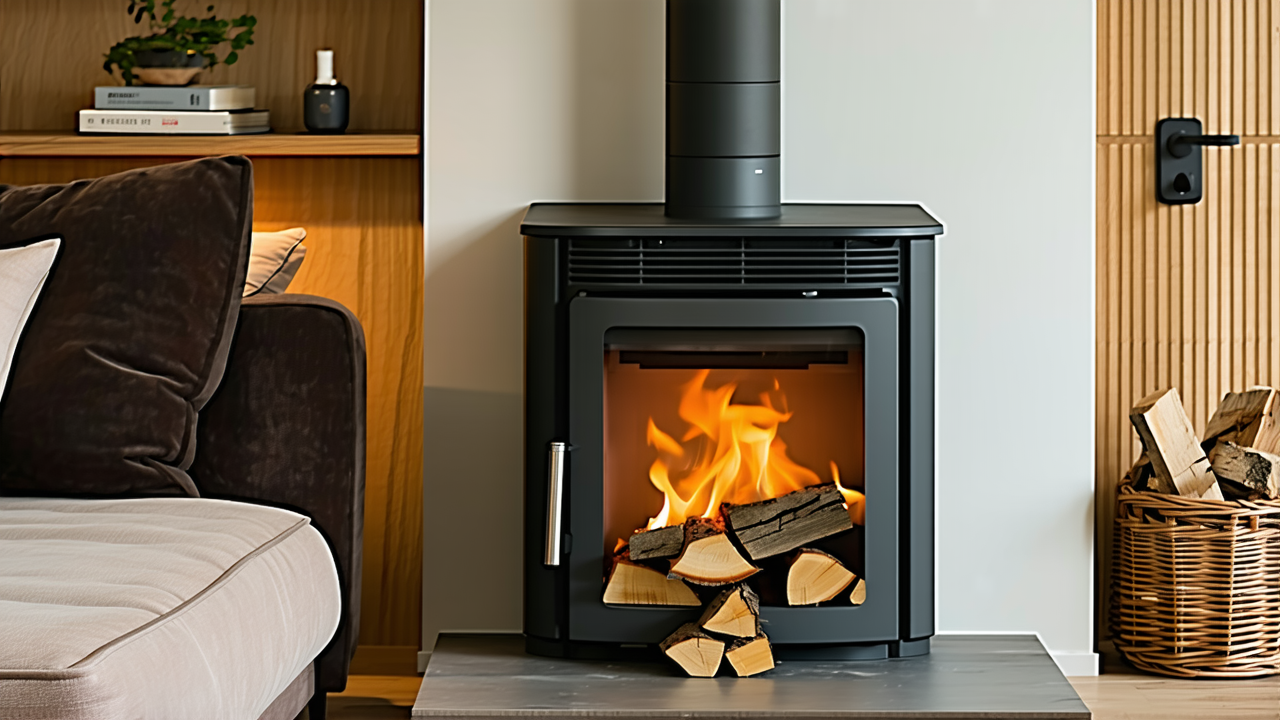How to Heat Your Home Without Burning Through the Budget This Winter
How to Heat Your Home Without Burning Through the Budget This Winter
Heating your home makes up about a third of your monthly power bill, so here’s a look at the cheapest ways to stay warm.
If you're spending your evenings in front of a heater, you might be keeping a wary eye on your power bill. The cost of heating your home makes up about a third of what you pay for power each month. But what's the cheapest way to do it? Here's an overview of how the various options compare.
Heat Pumps: The Most Efficient Option
According to Gareth Gretton, lead adviser on energy efficient appliances at the Energy Efficiency & Conservation Authority, heat pumps are "by far and away" the most efficient form of heating. They work by taking heat from outdoors and effectively putting it indoors, even in temperatures below 0°C. For every unit of electricity used, a heat pump can provide three to four units of heat, making it significantly more efficient than other heating methods.
While the upfront cost of a heat pump can be high, the long-term savings are considerable. Consumer estimates that a very large heat pump might cost around $1000 a year, while a smaller one could be less than $200. Additionally, heat pumps are more efficient in New Zealand’s typical heating conditions, which are often between 5°C and 10°C.
Consumer recommends keeping the temperature no higher than 21°C and using the fan setting rather than increasing the temperature to heat a room quickly. However, turning off the heat pump when it's not needed is generally more energy-efficient for most homes in New Zealand, as heat tends to leak out quickly due to poor insulation.
Electric Heaters: Cost-Effective, But Less Efficient
Electric heaters, in general, cost the same to run for the amount of heat they produce. They convert electricity into heat at a ratio of one to one, meaning they are not as efficient as heat pumps. However, they can be useful for specific areas, such as bedrooms or offices, especially if used sparingly.
Portable fan heaters are a good option for small rooms, even though they are relatively expensive to run. A 2kW heater running for five hours a day would typically cost about NZD$2.50 a day, while a 1200kW radiant heater with three bars could cost around $1.50.
Dehumidifiers: A Win-Win for Heating
According to Gretton, compressor dehumidifiers, which are the most common type in New Zealand, cost about 5c an hour to run. These devices not only remove moisture from the air but also help heat the home, making them a cost-effective and efficient option.
Gas and Wood Burners: Less Efficient Options
Gas heating is not an effective option, especially unflued gas heaters, which can make a house damp and emit harmful gases like nitrogen oxide. Flued gas heaters are slightly more efficient but still not as effective as heat pumps.
Wood burners are also less efficient than gas heaters. While they can be cost-effective for those with free firewood, they are generally more expensive to run if firewood is purchased. Additionally, burning wood cleanly and efficiently is challenging, often leading to higher particulate emissions.
Overall, heat pumps remain the most cost-effective and efficient heating option for most homes in New Zealand. With rising energy costs, investing in a heat pump can lead to significant long-term savings and a more comfortable home environment.
